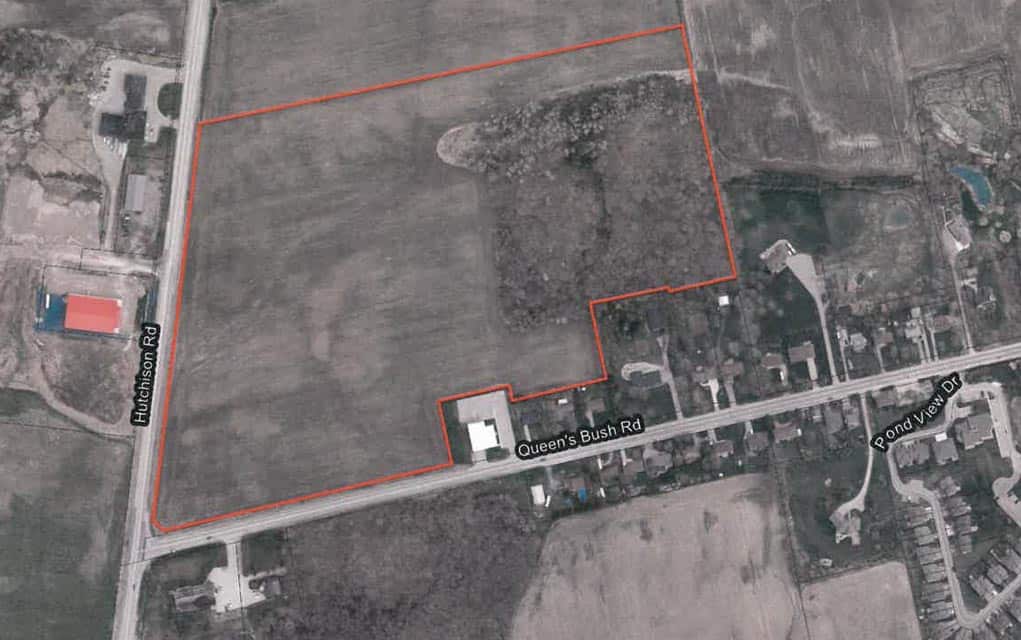Frank Austin was tickled to find out he’d be receiving an award for his work through the Elmira aphasia group he started, the Expressive Café.
But, he’s never been in it for the recognition. He’s often said the group has helped him as much as he’s helped the other participants, who are fellow stroke survivors living with the challenges of aphasia.
Austin was selected as the recipient of the Toastmasters District 86 Communication and Leadership Award.
“For them to acknowledge me for what I’m trying to do and everything else, it’s a heck of a feather in my hat,” Austin said.
He was nominated after someone from the local Toastmasters group saw him speaking. He says he likes how well Expressive Café and Toastmasters’ missions align.
When he receives his award in Kitchener on Apr. 29, he has the opportunity to speak to the group during their Communication and Leadership Luncheon, and this time he’s using the chance to speak about something other than strokes.
“Now I have to put a different hat on and I haven’t done that for awhile, but this is good and challenging for me,” Austin said.
He’s already started working on his presentation, which he says has let him put on his old business hat and reminded him what it was like to be a leader and a manager. He’ll share what works for him when it comes to communication and leadership.
“I enjoyed it simply because of nine years after living with nothing but everything related with stroke and so forth, it’s going to be something different, get back to what I used to do, a little business,” Austin said.
He’s actually excited to meet the people who nominated and selected him, and says he’s not at all nervous.
Dennis Bartel, public relations manager for District 86 Toastmasters, explains how the award is chosen. They put out nominations throughout all of their members from the district – approximately 5,000 members – and then the members nominate someone that they feel would be a good recipient.
It has to be someone within their district who is not a Toastmaster and has excellent communication skills, leadership and follows the Toastmasters values.
He received the submissions and then he sent his recommendation to the district committee to make the final selection. He says Austin stood out for him as an excellent recipient.
“For me personally, it wasn’t really the stroke, which is a sad thing. It was having to retrain himself to communicate and then helping others in a safe environment, similar to what Toastmasters do with their clubs,” Bartel said.
Bartel was impressed by the fact that Austin doesn’t have to help others who are going through the same struggles, but he chooses to.
Austin also spends plenty of time at the Grand River Hospital visiting people as a volunteer with Stroke Recovery KW.
Bartel says the award is important to continue year after year because it helps get the Toastmasters name out there, but also they want to recognize those who are not Toastmasters but are doing the same things that they do as an organization: helping people become better communicators and better leaders.
Austin had heard of Toastmasters after he had his stroke but before he started Expressive Café and he wanted to get in touch with them. But at the time he didn’t follow through because he wasn’t sure of himself and wasn’t as strong in his speaking as he wanted to be.
But now, he’s reconsidering.
“I could see myself joining them. I’ve talked about it with my wife and said ‘why not,’ it could only make things better for me,” Austin said.
The Expressive Café is held every Thursday morning at the Woolwich Memorial Centre where those with aphasia meet to chat, offer support and do some brain games to help improve their reading, writing, and speaking. This year marks the group’s fifth-year anniversary.
Now nine years since he had his stroke, Austin is glad to not be defined by it.
“I’m more than just a stroke survivor.”









